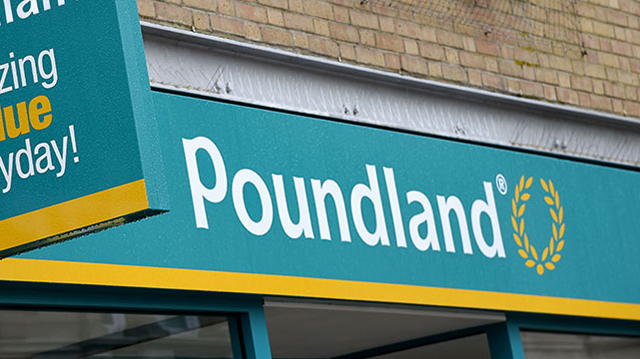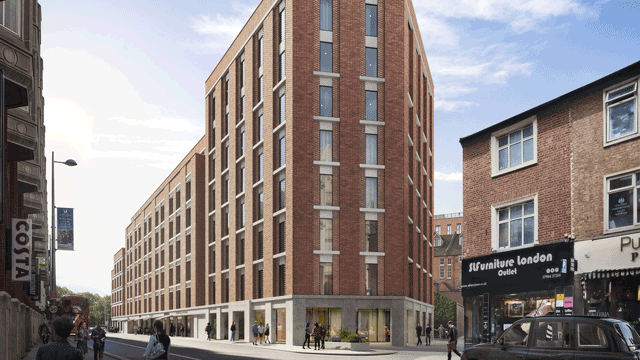According to Luis Iglesias, a director of Guernsey-based fund manager Mare Nostrum Capital Partners, the problems in Spain have not even begun. Not that you would believe him, judging by the firm’s most recent purchases, the €2.1bn retail banking portfolio from Banco Santander in November and the €315m Grupo Prisa portfolio last month.
“When will we come out of the downturn? It’s really early days, in fact I don’t think we’ve seen the worst yet,” says Iglesias in his first-ever interview with the press. Although Mare Nostrum took advantage of the beginning of the downturn, it will not be pursuing any more deals until the end of the year.
“The thing about our industry is that there are two drivers – the demand for office space, and capital markets’ demand for property. One can see the return of investors to property in a couple of months. I know managers who have raised distressed funds but that doesn’t mean fundamentals will improve. You do have a lot of appetite from investors and that drives yields down and prices up,” he adds.
Mare Nostrum manages one fund, Drago Real Estate Partners, the only fund to invest exclusively in Iberia. Drago has an office in Madrid and Lisbon. The fund has been active only for the past 18 months but has already made a serious impression on the market.
Mare Nostrum has enviable backing. The three main shareholders are Royal Bank of Scotland, Pearl Assurance and Dutch pension fund ABP, along with several UK wealthy private individuals. It works with different partners on different deals. On the Santander deal, for example, Mare Nostrum joined Drago with Pearl and Sun Capital Partners. On the Prisa deal, however, it worked alone.
Mare Nostrum typically leverages deals at a 75% loan-to-value, and has secured the backing of most major banks on its last two deals – unusual in the current climate. For the Santander deal, there were 10 banks, and for Prisa four.
“I think we approached the Santander deal in a different way to everyone else – as a credit deal, not a property deal,” says Iglesias. “That made a difference in the decisions taken by lenders, and certainly made a difference as we competed against other equity providers. Santander also gave us a lot of credibility for the second deal. Prisa was smaller but just as challenging to raise debt. The market worsened between Santander and Prisa.”
Evidence of a worsening market
That much is obvious in the pricing of the deals. Santander sold its entire portfolio for around €400m more than the asking price, but Prisa had to knock 10% off the price of its portfolio, which had been on the market for six months.
Mare Nostrum actually forecast the downturn in the Spanish market as early as 2006, outlining in its private placement memorandum that year the impending overdevelopment of the residential market and its consequences.
Drago’s first raising was in October 2006, when Mare Nostrum attracted RBS and several private backers, and the second was in July 2007, when Pearl and ABP joined. On closing, the fund had €170m in equity, and, with 400% gearing, had spending power of close to €700m. The internal rate of return for the fund is 15%, with an investment period of four years.
Drago has been busy besides the two large sale-and-leaseback deals. It bought a landbank in the Spanish enclave of Melilla and has since started developing, with Eroski, the 60,000 m² Parque Melilla shopping centre, due to open next year. It is the only centre in the city and there are no plans for any more, giving Mare Nostrum a rare opportunity in an otherwise saturated shopping centre market.
The fund also closed two deals in the Canary Islands, buying three hotels. “We think they are going into a deep recession there, so we bought against the cycle,” says Iglesias. Mare Nostrum plans to refurbish the hotels.
In Portugal, Drago has invested in the residential market, buying four buildings in the centre of Lisbon with a view to refurbishment. Although Lisbon is a relatively stable market, Mare Nostrum, as with its other deals, has taken a long-term view on the situation there and believes the city’s residential market is due for a resurgence – not before the leasing laws are changed, however.
“If you go down Avenida Liberdade, you see these beautiful old buildings just falling to bits because some old lady is living there, paying rent set a number of decades ago,” says Iglesias. “The city centres have become phantom, but we think that’s going to change, and will offer an opportunity to regenerate city centres.”
Although Mare Nostrum will hold fire for the rest of the year, it remains busy with asset management. The Santander portfolio came with a 40-year lease, while Grupo Prisa signed a 15-year lease.
“What I liked about the Prisa deal is the fact that you have a secure, long-term income stream and significant asset management potential,” says Iglesias. “I take comfort from our ability to manage assets on the downturn.”










